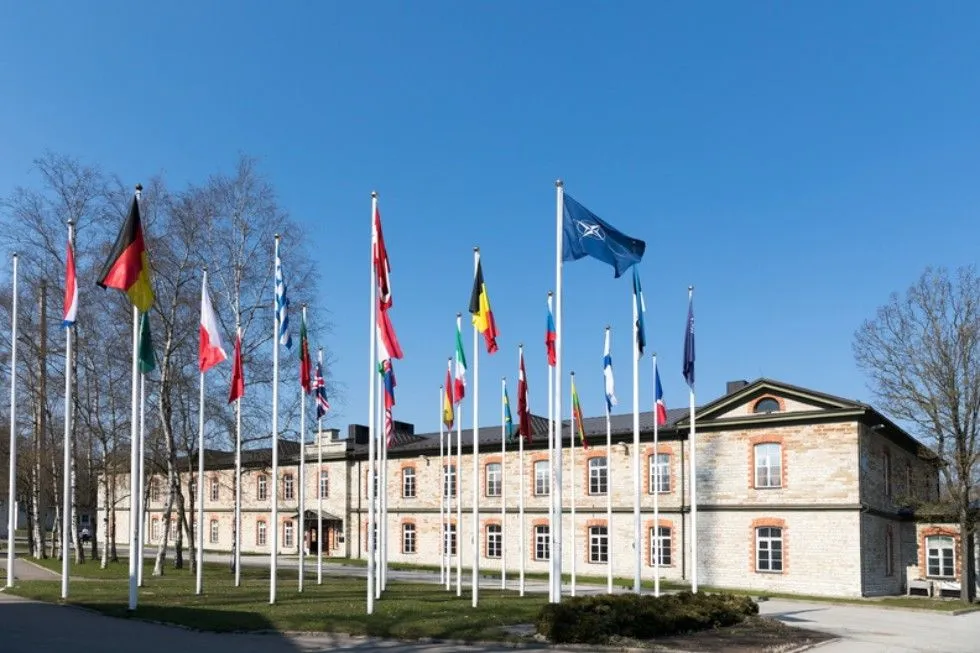Japan formally joins NATO cyber cooperation center
Japan formally joined NATO’s Cooperative Cyber Defence Centre of Excellence (CCDCOE) on Friday, several years after former Prime Minister Shinzo Abe announced the nation’s intention to do so.
Japan's defense minister Seiichi Hamada told journalists that the move would help the Ministry of Defence strengthen its relationships with other countries, while the MoD’s English-language Twitter account also stressed the value of Japan collaborating with international partners.
Abe originally announced Japan’s intention to join CCDCOE during a 2018 visit to Tallinn, Estonia, where the Centre is based and hosts its annual CyCon conference.
#JMOD will formally join NATO Cooperative Cyber Defence Centre of Excellence’s (#CCDCOE) activities, following the completion of participation procedures. JMOD will continue to collaborate with international partners to respond to threats in cyber domain. pic.twitter.com/hJcHVjz2rO
— Japan Ministry of Defense/Self-Defense Forces (@ModJapan_en) November 4, 2022
It follows Japan participating in NATO’s Locked Shields exercise in 2021, an enormous cyber war game in which the fictional member state of Berylia faced an adversary attacking its critical civilian and military infrastructure.
The network defense exercise included not only the technical aspects of responding to incidents during an armed conflict, but also handling legal challenges and addressing the impact of information operations.
Jiro Minier, an East Asian cyberespionage and cybersecurity policy analyst, told The Record that the announcement Japan had formally joined the CCDCOE is“just one of many milestones during a busy period” for Japan’s cybersecurity efforts.
Developments, like dispatching MoD personnel to the Centre and publicly attributing cyberattacks, “could be said to reflect an intersection of two increasingly important considerations in Japanese security thinking; the criticality of diverse international partnerships in a difficult geopolitical environment, and the need to afford cybersecurity the security policy relevance it is due,” said Minier, who works as a threat intelligence research and analysis lead at the Deutsche Cyber-Sicherheitsorganisation.
Alexander Martin
is the UK Editor for Recorded Future News. He was previously a technology reporter for Sky News and a fellow at the European Cyber Conflict Research Initiative, now Virtual Routes. He can be reached securely using Signal on: AlexanderMartin.79



